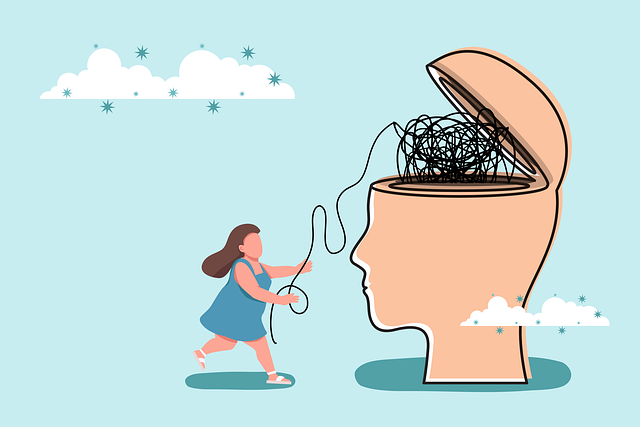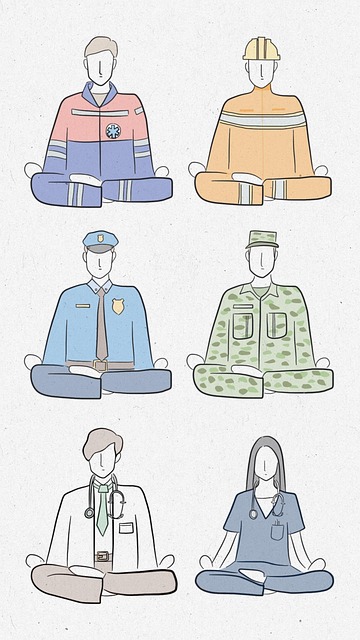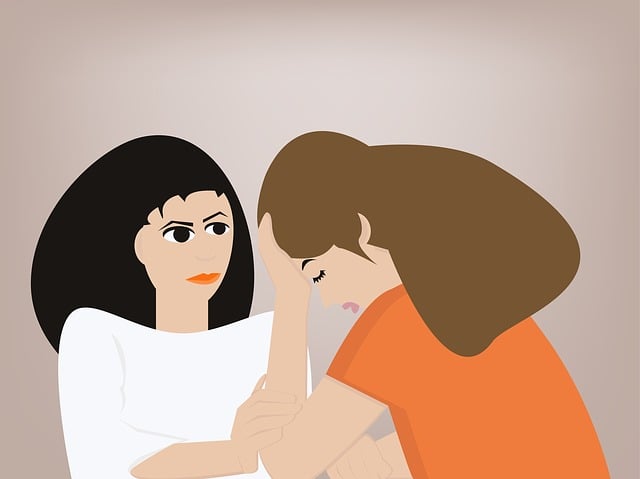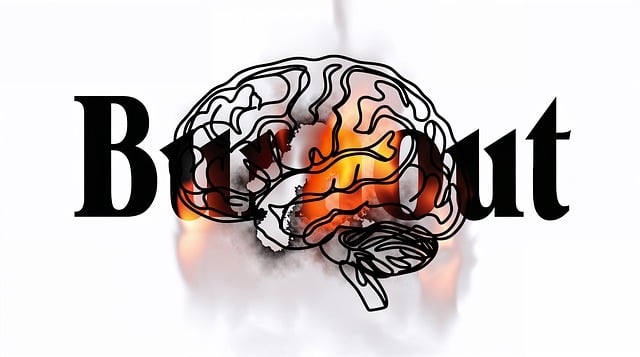Arvada Couples Communication Issues Therapy utilizes group dynamics to enhance mental wellness through peer support and shared learning. This collaborative approach fosters emotional intelligence, resilience, and coping skills, empowering couples to effectively manage stress, anxiety, and mental health concerns. Therapists employ techniques like active listening, self-care exercises, and mindfulness practices to create a safe space for open dialogue and personal growth, ultimately strengthening interpersonal connections and the overall therapeutic experience in Arvada.
Mental wellness group facilitation is a powerful tool for fostering support and understanding among individuals facing similar challenges. This article explores crucial techniques for navigating complex group dynamics, with a specific focus on helping couples in Arvada dealing with communication issues in therapy. By delving into effective communication strategies, we aim to highlight how facilitators can create a safe space, encouraging open dialogue and personal growth. These techniques are vital for enhancing therapeutic outcomes and revolutionizing the way couples address their communication barriers.
- Understanding Mental Wellness Group Dynamics
- Facilitation Techniques for Effective Communication
- Arvada Couples Communication Issues: Strategies for Therapy Success
Understanding Mental Wellness Group Dynamics

Understanding Mental Wellness Group Dynamics is a cornerstone for effective facilitation. In an Arvada Couples Communication Issues Therapy setting, groups offer a unique environment where individuals can navigate complex emotions in a supportive network. The dynamics are multifaceted; members learn not only from their own experiences but also by observing peers, fostering a sense of community and shared understanding. This interconnectedness allows for the development of emotional intelligence, where participants enhance their ability to recognize and manage their own and others’ feelings.
The group setting also facilitates resilience building and coping skills development. By engaging with diverse perspectives, members gain new insights into their challenges, empowering them to cope more effectively. Through open discussions, they learn valuable strategies to navigate stress, anxiety, and other mental health concerns. This collaborative approach not only strengthens individual mental wellness but also creates a supportive system within the group, making therapy sessions in Arvada more inclusive and impactful.
Facilitation Techniques for Effective Communication

In facilitating mental wellness groups, particularly for couples dealing with communication issues in Arvada, therapists must employ techniques that encourage open and honest dialogue. One such technique is active listening, where facilitators pay close attention to both verbal and non-verbal cues from group members. This not only helps in understanding the nuances of their experiences but also fosters empathy and trust within the group dynamic.
Additionally, using exercises focused on self-care practices and inner strength development can significantly enhance communication. These activities often involve sharing personal stories, setting boundaries, and practicing mindfulness—all of which are crucial for participants to express their feelings effectively. By integrating these techniques, therapists in Arvada Couples Communication Issues Therapy sessions create a safe space where individuals can explore and address their mental wellness challenges while improving their interpersonal communications.
Arvada Couples Communication Issues: Strategies for Therapy Success

In Arvada, couples often face communication challenges that can significantly impact their mental wellness. Effective therapy for these issues involves strategic techniques to enhance dialogue and understanding. Facilitators play a crucial role in guiding partners to improve active listening, where each individual focuses on truly hearing and comprehending the other’s perspective. This fosters empathy and strengthens their emotional connection.
Moreover, incorporating self-care routine development for better mental health is integral. Encouraging couples to prioritize individual well-being through stress reduction methods like mindfulness and relaxation techniques empowers them to manage conflicts more constructively. Enhancing emotional intelligence allows partners to recognize and regulate their emotions, leading to healthier interactions and a more supportive therapeutic journey.
In conclusion, facilitating mental wellness groups requires a blend of understanding group dynamics and employing effective communication techniques. As seen in the context of Arvada Couples Communication Issues therapy, specific strategies can significantly enhance therapeutic outcomes. By mastering these skills, facilitators can create safe spaces that encourage open dialogue, promote healing, and foster positive change for all participants.














